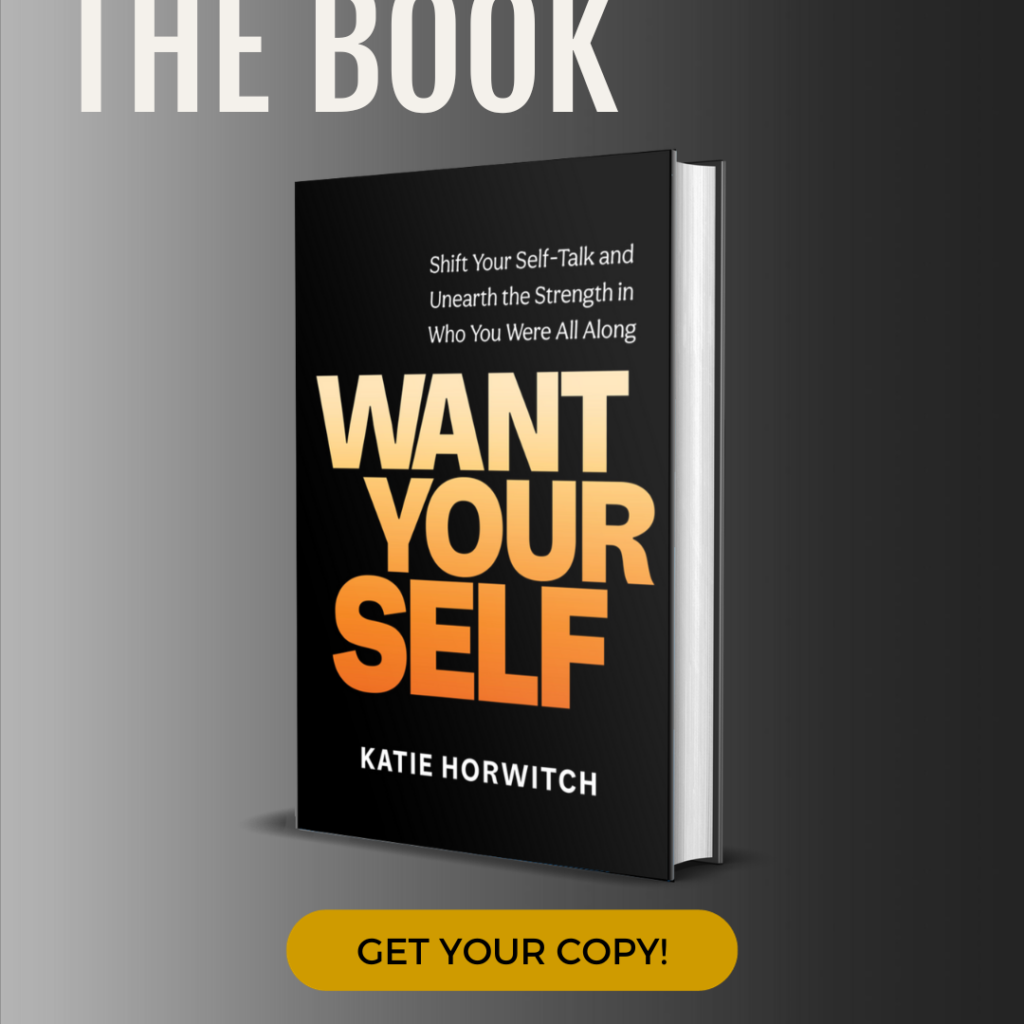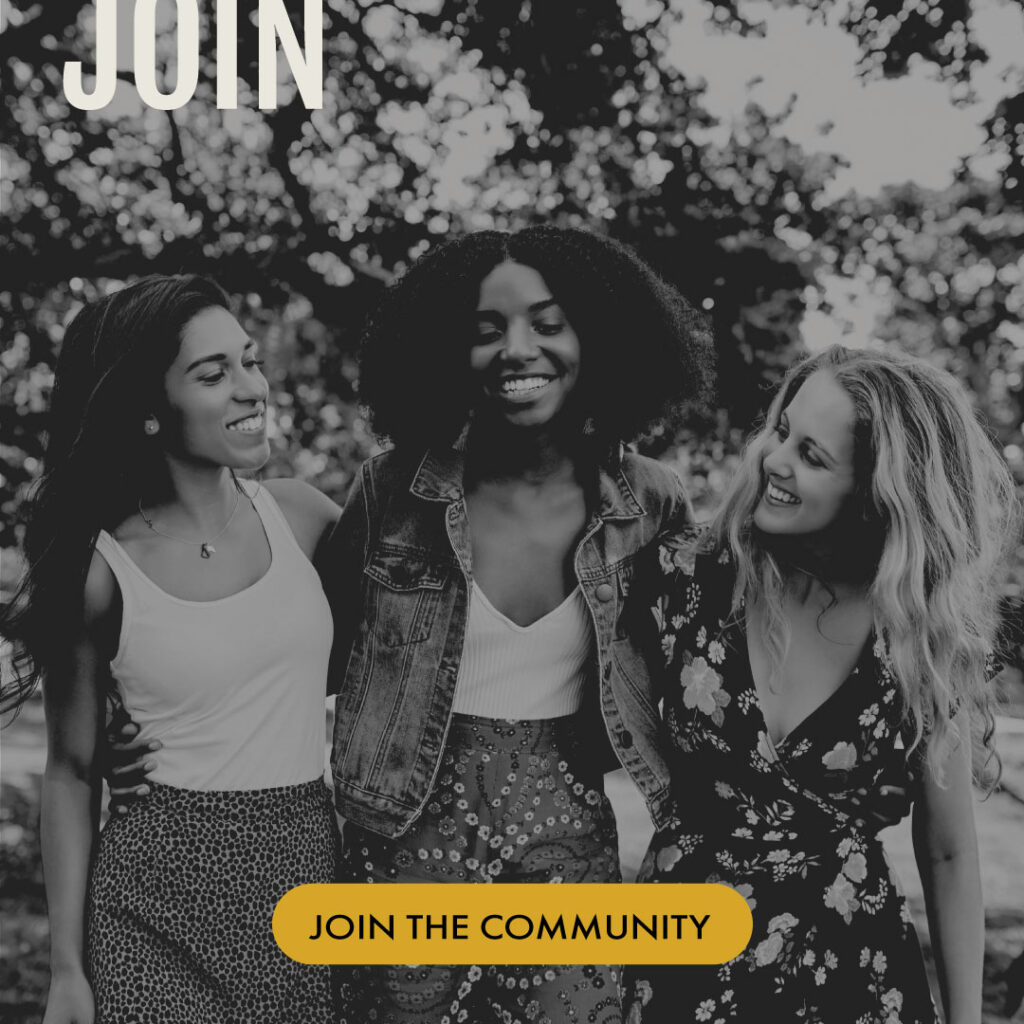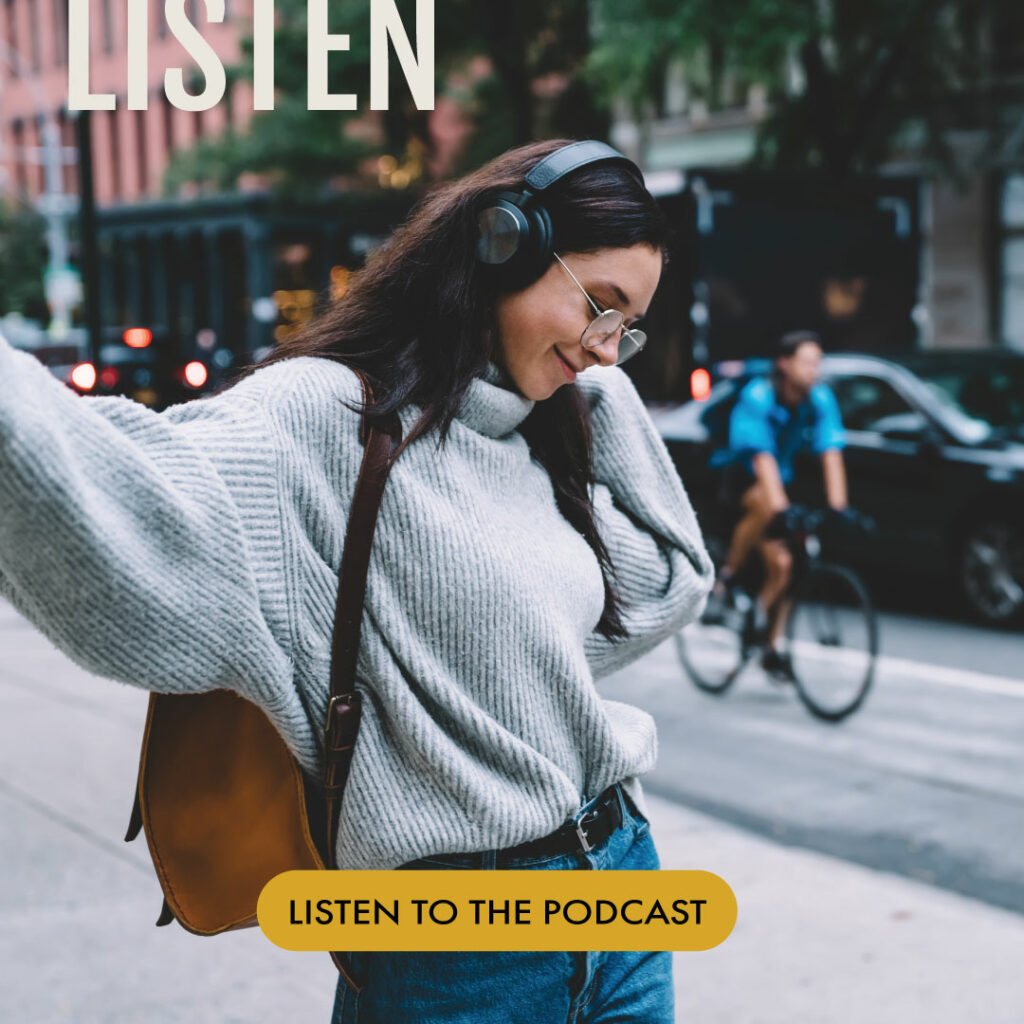I don’t need to wax poetic about how I’m feeling right now. I think we all get it. Let’s talk about what’s been helping and what we can do.
I consider myself a pretty open, aware person. I listen with all my senses, I fill in gaps before others know they need filling. I know that disagreement and understanding are two very different things, and I get that my own experiences are vastly different than even my closest of friends.
Which is why, this week, I found myself needing to come to terms with the fact that I had slipped into an unenlightened and, frankly, naive way of thinking: that everyone I knew obviously shared my opinions, and everyone I knew would obviously be as upset as I was.
My wake-up call came while talking to a friend of mine…who happens to be white, happens to be Christian, and happens to be male. Our lunch date began with me in a daze, looking not unlike a character from a slapstick comedy movie who has been turned into a drone or zombie and talks sans emotions, moving perfunctorily through the motions of life. Except it was more like a slap-in-the-face than slapstick moment, and my voice was only monotonous because I was too exhausted from crying and functioning on zero sleep for two nights in a row. I kept saying how horrible it all was, how I couldn’t believe that hateful rhetoric and lack of human decency hadn’t been a deal-breaker for so many people. It’s like building a house with just wallpaper and roof shingles, I said. Without kindness and respect, everything else crumbles. He nodded and unenthusiastically offered up some anecdote about how “we don’t know what he’ll do so we just need to stay hopeful.” So much for the drone: I felt my face starting to fume. I could have breathed fire. It’s not about what he will or won’t do. It’s about the permission slip that’s been granted to people who hate.
I must have been visibly upset, even though my words stayed calm. I tried not to get accusatory or defensive. It’s hard for me to hear you say that, and I know you’re trying to help. But I need to know. Why, I asked, do you not seem as upset about this as I am?
What happened next is where it all turned around. Deep breath in.
“I feel like I can trust you, and you won’t judge me, so I will admit this about myself because I don’t like it: I am having trouble empathizing. And I feel like I am broken because of it. My privilege is so engrained, and if I’m being honest I am the kind of person who is least affected by recent events. I can sympathize for sure. But I…I don’t know how to empathize.
Please help me empathize and tell me what I can do.”
Since then, I’ve been diving deep into how to talk to people who aren’t activist-minded…how to help those who don’t quite internalize it be able to grasp the severity of this situation we’re in. People who are good, GOOD people, but because of whatever their set of engrained experiences or backgrounds or privileges are struggling to feel empathy in this very moment. Sympathy, sure, but empathy is tough.
Of course, because I’m me, I decided to ask around to see what was making the “empathy chip” shut down in some people during these tough times.
I also found that they want to help, but feel like there is no option other than attending a protest or being super engaged on social media – neither of which are up their alley in the first place. Most of all (and most unfortunately), they feel shamed when they ask questions or admit they’re not quite on the same page. How can we expect them to get on the same page if we scold them for not being there in the first place?
People’s minds don’t change until something affects them deeply enough. Unfortunately some people have to see it to believe it when it comes to evil and injustice. We’re seeing it now, and I’m realizing how overwhelmingly many of us are on the same side. More than ever, I think. But we cannot fault people for not getting on board sooner if we don’t take measures to explain why it all matters.
We cannot fault people for not 'getting on board sooner' if we don't explain why it all matters. Share on XI’m tired of meanness and ultimatums and am ready to help mobilize those who voted indifferently, along with the 46.9% who stayed silent because they thought they couldn’t make a difference, and might just think the same is true for their voice and support in everyday life.
Here’s a list of Dos and Don’t I’ve compiled, from my own experience and those of others, when it comes to talking to people who can’t understand your pain…but want to:
DO share with them exactly why you are scared, angry, or sad.
What I found is that the people I’ve spoken with really, truly want to empathize. However, they’re only hearing expressions of rage and anger over and over, which makes it hard for them to not just shut down and disengage. It’s the same reason why people delete their Facebook pages or disavow social media: after a while, the extreme high highs and low lows can become one loud vague noise, and that one loud vague noise can become overwhelming and isolating. Social media was meant to be just that: social. When you explain why you’re feeling the way you are, you back up your feelings with supporting examples. And it’s a lot easier to understand and connect with someone when they explain the WHYs behind their WHATs.
DO invite them in and encourage them to ask questions.
It can feel awkward to ask about someone else’s life experiences. You don’t want to come off as ignorant, or patronizing, or just plain dumb. We’ve all experienced it. But we cannot shy away. What we can do to help those who feel shy or awkward diving deep is encourage them to always ask more, and reassure them it’s same and judgement-free to do so. Why does this scare you? What makes you feel strong? What is it like to go through XYZ? Why do you feel called to do/say/be the way you are? The more we understand about one another, the more we realize how much we are truly alike. THAT’S what activates the empathy chip.
DO ask that they relay your reactions and emotions to others – and do it as often as they can.
You’ve heard the saying “You are the five people you spend the most time with,” right? Well, by this logic, we mostly run in circles that are closest to our own way of being. Remind others (and yes, remind yourself too!) that they don’t have to attend a peace rally or write an 8-minute-read op-ed on Medium or post incessantly on Facebook to be an ally and advocate (but hey, if you want to read my 8-min-read op-ed on Medium, here you go). The way to spark discussion within apathetic or unaware crowds is not to feign empathy en masse or change the subject entirely, but to relay the stories of those you directly know and love. I told my friend that what would be helpful to me would be to engage in conversations when they arise and outright mention me, along with my feelings/reasons for feeling the way I do. He doesn’t have to fake that he knows what it’s like, but instead of brushing the topic aside or trying to mitigate the moment, it would be helpful if he told a story about his friend, and how and why she was upset, and maybe even how that affected him as a friend. I don’t need him to share in my experience – I just need him to SHARE it. And in sharing, he’s validating it exists and is real and is worth standing up to. Boom. Activism.
DON’T use them as a therapist.
I don’t think anyone particularly likes being an involuntary dumping ground for someone else’s emotions. Standing witness to their emotions, of course. But when we talk AT people instead of TO people, no matter the subject, they tend to tune out. And the subjects behind these emotion – racism, sexism, homophobia, violence, environmental dangers, etc etc etc etc – are way, waaay too important to be tuned out.
DON’T shame them.
Some might argue it’s not a woman/Jew/Muslim/POC/gay/transgender/etc. person’s job to educate those who don’t “get” their struggles – and I do agree that the other person needs to make the first move when it comes to being open to new information. But we’ve GOT to help one another, and shaming someone for their privilege is not the answer. ANYONE can be an activist and an ally. You just need to find what’s right for you – and in this case, sometimes people need help identifying what exactly that is.
DON’T expect it will happen overnight.
As much as we’d love things to change instantly when it comes to getting on the same page of ANYTHING – whether it’s drinking green smoothies in tandem or fighting inequality together – big shift takes time. One conversation with your friend, colleague, or family member will not undo years and years of their way of living. But If you keep talking, keep listening, and keep asking questions, you will both awake in ways you never thought possible.
Which reminds me.
DO listen.
People hold onto their viewpoints or lack thereof – whatever they may be – for a reason. Whether it was something that happened in childhood or a trigger that lies beneath the surface, no one simply wakes up and decides to live their life, think their thoughts, and feel their feelings out of thin air. This especially goes for those who have the desire to empathize but are not quite there yet. Just because there is a wall up or a mental block doesn’t mean there isn’t gold on the other side of the barrier. We cannot help people listen if we are unable to do the same for them. We say it all the time here on WANT. Dive in. Dig deep. It’s the freaking hard-ass work of life to listen with an open mind and full-as-F heart, but it’s what we must do if we want to ultimately get on the same page and see some shift happen.
We cannot help people listen if we are unable to do the same for them. Share on XI started to come out of the darkness late Friday afternoon. What was a bit of a consolation was thinking about how if art has taught me ANYTHING, it’s that the massive, major changes – not just progress, but actual GOALS reached in mass – come when the pendulum has swung to a very opposite extreme.
So yes, the Now is horrifying. But SO many people are upset about what’s going on in America – liberals, conservatives, the whole spectrum – that I have got to believe this is INEVITABLY going to bring about massive activism and change on a human level. This isn’t about parties or politics. This is about human decency. The first step isn’t empathizing, and the first step isn’t activism. The first step for everyone, the VERY first step, is to be unafraid to ask for help, and even more unafraid to ask what you can DO to help.




0 Comments
Trackbacks/Pingbacks